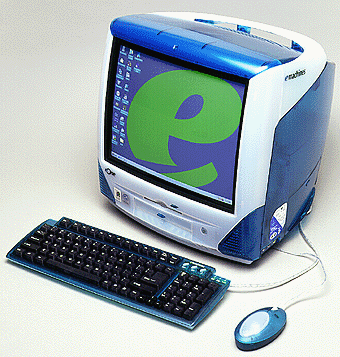Star Trek: Picard, the new reloading of the Star Trek: The Subsequent Generation (TNG) universe, explores present-day disasters—refugees denied havens, racist paranoia, journey bans, genocide—but, if I could, I’d like to land into this earth on its soft furnishings. One particular often disappointing aspect in science fiction is the lack of heat, homey décor. The interiors of the distant long term have a tendency to be glassily austere, as cozy as a skyscraper boardroom. TNG did offer you some creature comforts, but let us just say Architectural Digest’s 24th-century editors won’t be hailing the Company-D for a YouTube tour. If you viewed the aged demonstrate, you are going to try to remember the normal-issue puce armchairs, puce banquettes, puce mattresses. You could possibly have gotten a glimpse of iridescent bedding prior to your favored crew member bolted up from an uneasy dream. I’d have nightmares, as well, if my pillow and comforter looked like I’d descaled a mermaid.
But the established designers of Picard, which concluded its very first year on Thursday, have some really serious hipster taste. We rejoin Captain Jean-Luc Picard, played as soon as yet again by Patrick Stewart, eighteen several years right after the gatherings recorded in the fourth and final TNG movie, Nemesis. He has retreated to his ancestral French chateau, full with winery. We locate him awaking from uneasy dreams. He lifts his head from a snow-white pillow whose high thread count you can perception empathically by way of the screen. There is a cream sofa in the corner and exposed brick walls. Even the shadows are handsome.
All of this loveliness, even though, simply cannot make Picard forget about his troubles. “I have not been dwelling I have been ready to die,” he states churlishly. He has resigned from Starfleet beneath a cloud, right after a calamitous attempt to evacuate the Federation’s longtime enemies, the Romulans, from their dying property earth. For unidentified good reasons, a group of synthetic lifetime-varieties went berserk throughout the rescue, costing hundreds of lives. Considering the fact that then, a Federation-wide ban has been placed on the development of artificial sentience. Picard’s final mission is to protect a surviving synth, Soji, who, along with her twin sister, was born from a single of his aged mate Commander Data’s positronic neurons.
To assist Soji, he must locate a ship, so he enlists a fellow ex-Starfleet officer named Raffi to assist. She lives in a modest eco property in the desert. On her porch, shells strung with twine waft humbly in the heat air. In this conference with Raffi, course distinctions amongst aged good friends are designed explicit in a way they in no way were in TNG. She provides up a modern media interview Picard gave about the Romulan disaster. “I saw you sitting down again in your really great chateau—big oak beams, heirloom home furnishings,” she states bitterly. “I’d demonstrate you around my estate, but it’s more of a hovel.”
These few text tell us we’re in a landscape really diverse from TNG. In Picard, people today are riven with human frailties, so they have to have a little bit of taste to consolation them. The aged demonstrate was equipped to sidestep issues of social equality as being as well vulgar to talk to. Many thanks to the replicator, a engineering that turns electricity into the issue of your choosing, lifetime was blissfully moneyless: Any person could have a chateau if they wished, which intended that people could spend their time stressing about loftier issues, like propagating Diomedian scarlet moss, mending tectonic plates, and providing delegates to much-off peace talks.
In the TNG two-parter “Time’s Arrow,” Samuel Clemens, a.k.a. Mark Twain, will come aboard the Company from 1890s San Francisco. Knowing he simply cannot get a fantastic cigar onboard, he lashes out, asking Counselor Troi impolite issues about who paid out for this flashy vessel. He assumes that the affluence of the ship is developed on the exploitation of other races and the oppression of the bad. In a turbolift—that whooshing box of transportation and self-growth—Troi explains that “poverty was removed on Earth a extended time ago. And a lot of other issues disappeared with it—hopelessness, despair, cruelty.” Clemens is stunned he explains to Troi that he will come from a time when prejudice is commonplace. “You’re telling me that isn’t how it is any longer?” he asks. With all the gained smugness of her developed century, Troi replies, “That’s suitable!” To which Clemens grunts and remarks that all this social justice is “maybe truly worth offering up cigars for right after all.”




